Favorite Reads of 2024
Introduction
As a pastor, I read a lot, and reading matters.
I read for different reasons.
Some of my reading is to sharpen or refine my own theological understandings. If I'm tasked to teach the Word of God, I had better know where I stand on what the Bible says! Some of my reading is done by necessity, to keep myself informed of current doctrinal debates, theological/cultural trends, and potential errors to avoid as I look to shepherding a church with the other elders.
Some of my reading is done for pleasure. Like most people, I love a good story or glimpse into history.
There simply is not enough time (literally) to read all the books out there, but we do have enough time to read some of them. This short post is for anyone interested in what books I read in 2024 that I would heartily recommend to you. I'll provide a single paragraph for each book, summarizing why I found it to be helpful.
Happy Reading!
I read for different reasons.
Some of my reading is to sharpen or refine my own theological understandings. If I'm tasked to teach the Word of God, I had better know where I stand on what the Bible says! Some of my reading is done by necessity, to keep myself informed of current doctrinal debates, theological/cultural trends, and potential errors to avoid as I look to shepherding a church with the other elders.
Some of my reading is done for pleasure. Like most people, I love a good story or glimpse into history.
There simply is not enough time (literally) to read all the books out there, but we do have enough time to read some of them. This short post is for anyone interested in what books I read in 2024 that I would heartily recommend to you. I'll provide a single paragraph for each book, summarizing why I found it to be helpful.
Happy Reading!
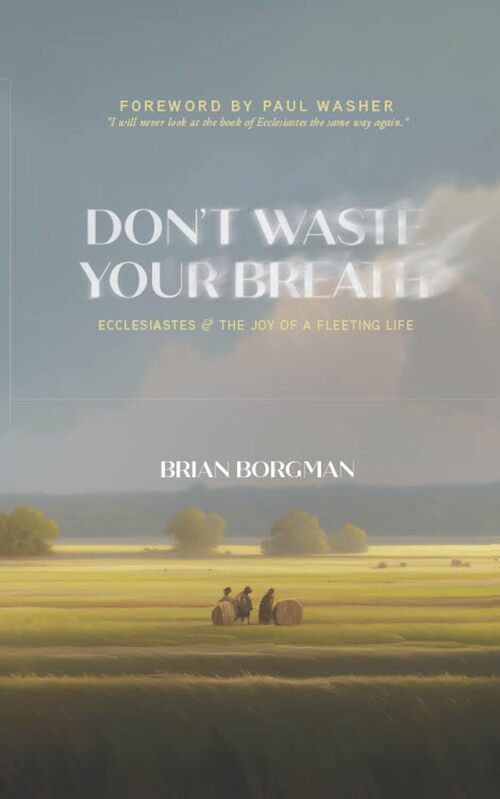
I hope you had the opportunity to join us for the "Being the Bride" conference featuring our friend, Brian Borgman. The audio is available in our media library, for your reference. Brian's book is an exposition of the Old Testament book of Ecclesiastes, and his careful study and helpful writing are of immense value. Contrary to the opinions of many, this book is not about the pointlessness of life, or the lack of purpose in the physical and temporal. In fact, just the opposite is true! Ecclesiastes highlights every wonderful gift God has placed in this world for people and urges the reader to enjoy these gifts in their proper place and season, giving glory to God along the way and anticipating his glorious eternity.
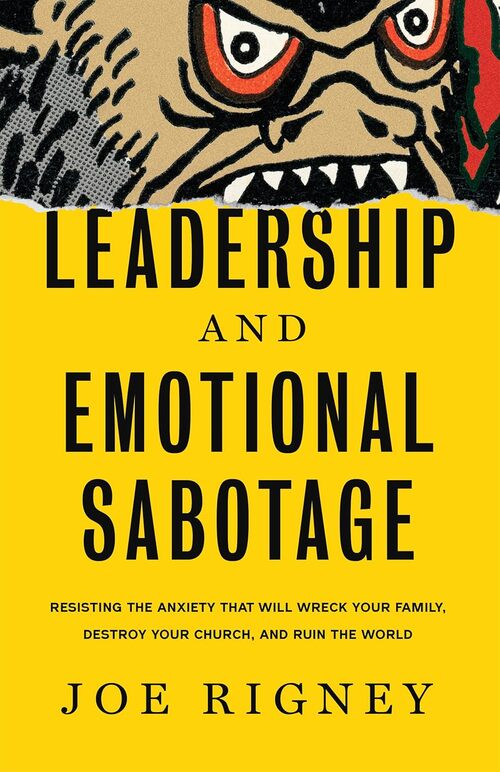
If you think a book about leadership isn't for you, I urge you to think again. Rigney's book is nothing short of invaluable for every Christian seeking healthy relationships in every sphere of life. Rather than falling prey to emotional sabotage and being "steered" by sentimental manipulation, Christians are to think soberly and consistently, acting according to what is true, not according to what is most loud or tearful.
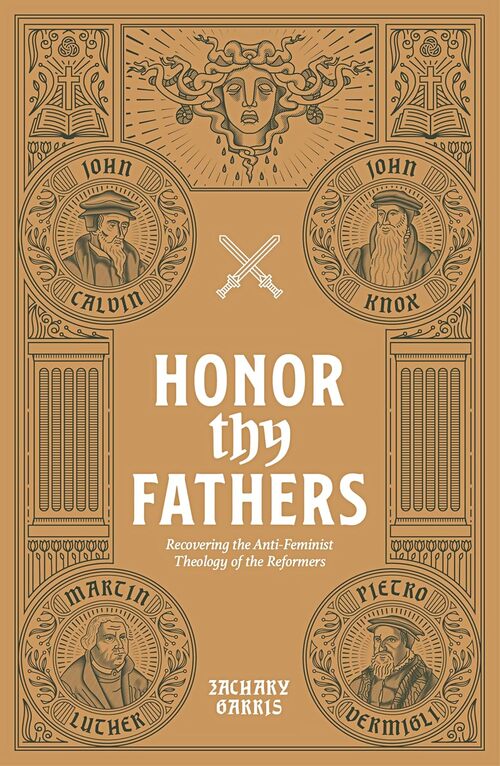
This book addresses God's structure for gender in the home, church, and civil society. More than a theological treatment, though, Garris takes on the issue by pointing out a glaring inconsistency: many pastors/churches who would claim a Reformed heritage are, in fact, spiteful toward what the Reformers believed and taught about men and women. Many want the benefits of certain aspects of Reformed doctrine, but are functionally embracing the modern movements of egalitarianism and feminism; two movements that are inconsistent with historic Christian belief and would have been entirely foreign and condemned by our Protestant ancestors. One way to honor our fathers is to embrace the biblical teaching on God's plan for the sexes in the home, church, and society.
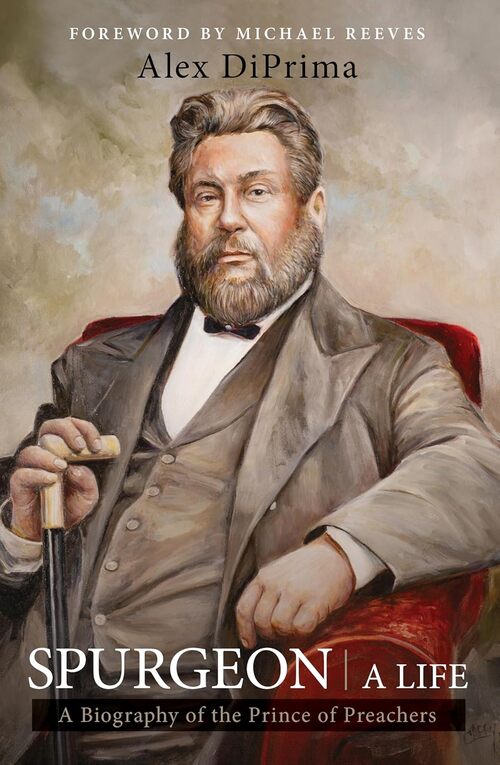
This book has given me a newfound desire to read more biographies. I was so captivated by Spurgeon's life that I had a hard time taking breaks from this very accessible book. Charles Spurgeon was a one-in-a-million sort of minister, and you will be amazed and encouraged by what God accomplished through this man's ministry in the mid-late 1800s. If you think God can't or won't do amazing things in the span of one man's lifetime, Charles Spurgeon's story will prove otherwise.
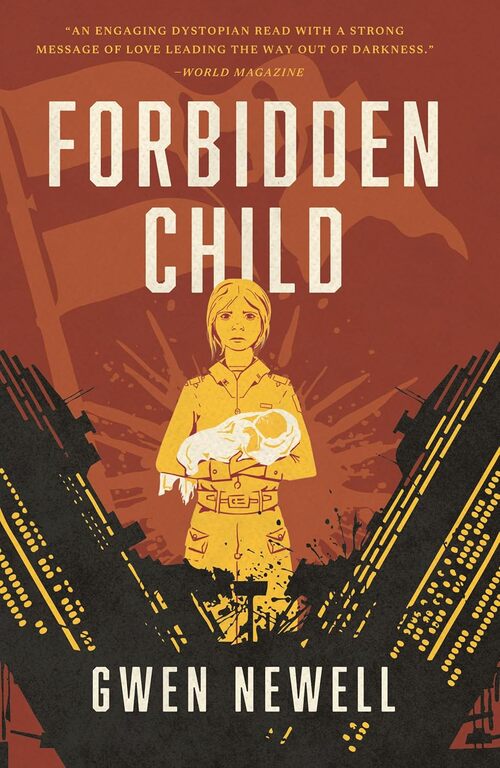
I had to throw a work of fiction in here! Two of my children had already read this story and have been urging me for months to read it. Once I finally picked it up, I finished it in a span of 24 hours. To use the cliche, I couldn't put it down. Without revealing much, this is a story that helps the reader to consider the value of human life, the ease with which people follow wicked orders, and what it requires to take a stand against evil. If you're wondering, the author is a Christian (who lives in Idaho, actually), and you won't have much difficulty identifying the very real, parallel issues she's addressing in our society.
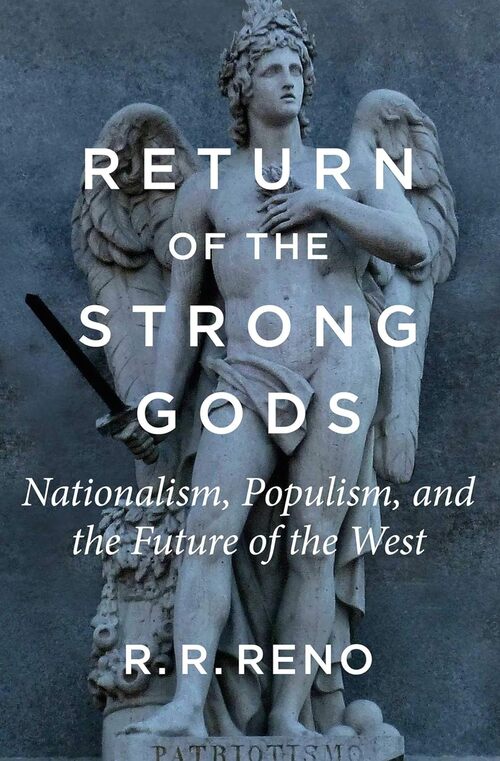
Return of the Strong Gods was a book I had to read a bit more slowly (which is fine, since it isn't very long). Reno presents the idea of a "postwar consensus," an intentional leftward shift made by our nation's leaders following the two World Wars. America has adopted a new set of values; openness and individuality have replaced solidarity and patriotism. America opened her borders and her economy in ways never done before, starting especially in the 1950s. This shift was supposedly intended to guard our nation against the same evils to which Germany fell prey (a nationalism that led to fascism). This postwar consensus is why we are told over and over (whether by our universities, our politicians, or major corporations) that our strength is in our diversity, and that by weakening a national identity, we are actually becoming stronger. Reno disagrees and contends that this intentional weakening of our nation has done much more to cripple us than any form of national identity ever could or did. He makes a case that what our nation needs now is a "return of the strong gods," i.e. a return to unifying our nation around common loves and shared values. If you want to better understand how we got where we are, especially concerning issues like our immigration crisis, transgender insanity, etc., this book will help you diagnose the times.
Recent
Archive
2026
2025
January
September
October
2024
February
July
September
November
